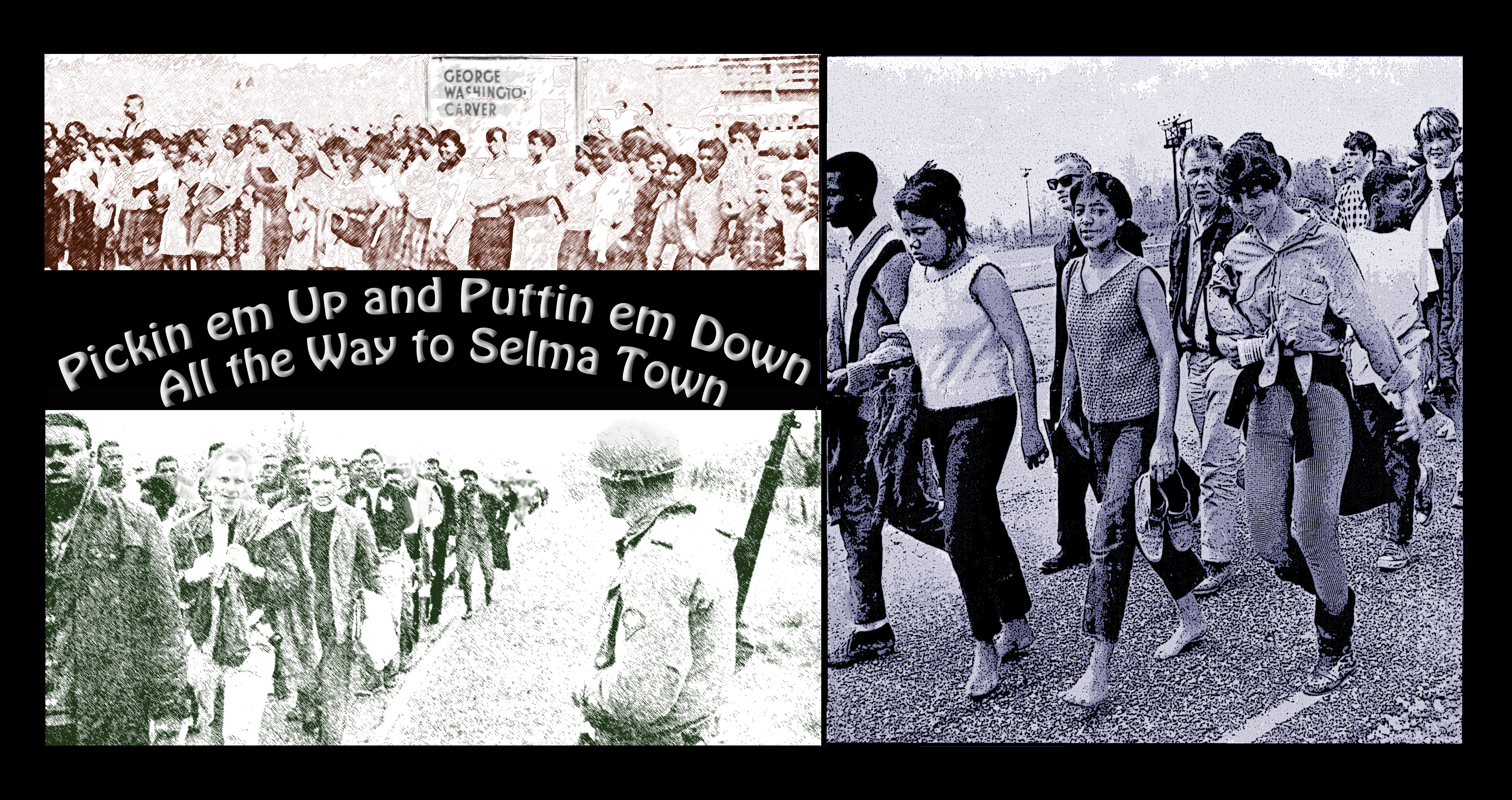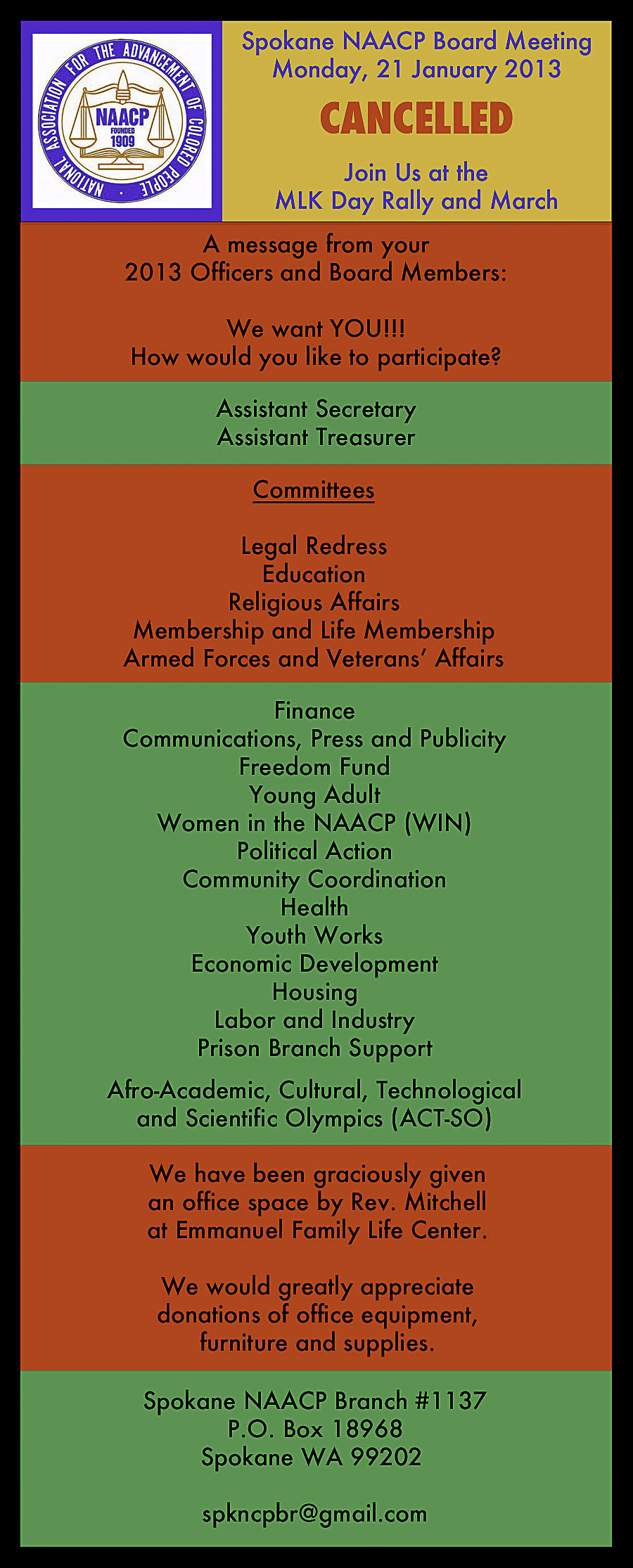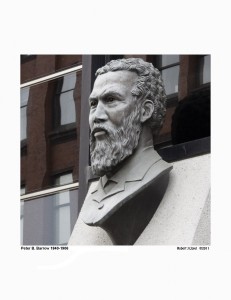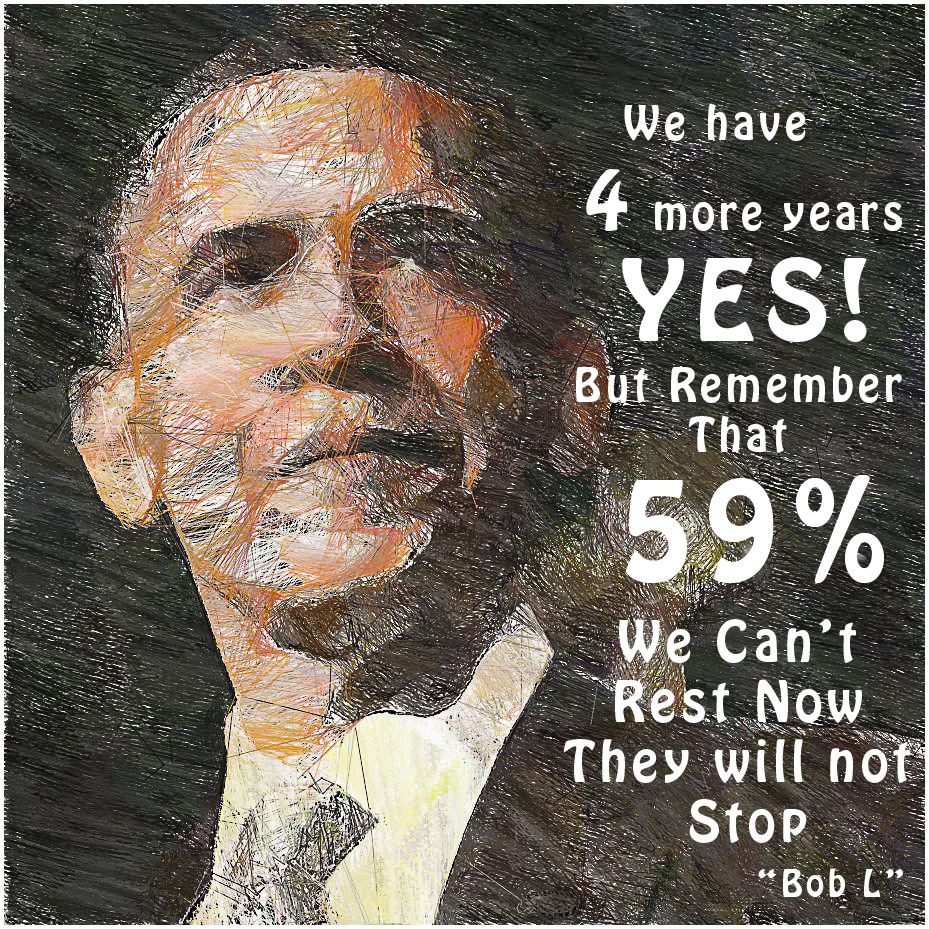Ever wonder what members of the old African American Voice staff are doing now? Here’s an article from Seattle University’s School of Theology and Ministry’s website.

Student Studies in Zambia:
Lorenzo, Master of Arts in Transformational Leadership (MATL)
Lorenzo Herman, S.J. is a current student in the Master of Arts program in Transformational Leadership (MATL). We met with Lorenzo recently to learn about his summer trip to Zambia as a part of his internship requirement in the MATL program.
When Lorenzo began the program Fall of 2011, he said that his interest immediately peaked when Dr. Sharon Henderson Callahan, Associate Dean for Academics & Student Life, mentioned in orientation that the internship requirement for the MATL could be fulfilled nationally or internationally through the School’s interdisciplinary options– including through Seattle University’s Nonprofit Leadership, Public Administration, Business and Law programs among others.
For eight weeks this past summer, Lorenzo lived in, explored and researched in Lusaka, the capital city of Zambia, while traveling to other cities within the country on assignment. Lorenzo was based within the Jesuit Centre for Theological Reflection in Lusaka, a centre highly respected throughout Africa for its focus on advocacy for social conditions, faith and justice, outreach and economic efforts. Centre founder, Peter Henriot, S.J., has taught on social analysis at Seattle University School of Theology and Ministry over the years, and his social analysis method is used in the Master of Arts programs in Transformational Leadership, Pastoral Studies, and Transforming Spirituality as well as the Master of Divinity program.
The Centre, along with 26 other organizations that make up the Civil Society Constitution Coalition, is working rigorously with the Zambian government on the first draft of their Constitution and meets weekly at the Centre.
Prior to his visit, Lorenzo had studied the Constitution at length, and upon his arrival attended meetings with key political figures and stakeholders. In the Constitutional framework, one priority was to include clauses of non-discrimination, including for individuals that have disabilities. The Coalition was finding that the families of individuals with disabilities were directly and indirectly affected by the Constitution, and needed explicit clauses of inclusivity and equality that were monitored and enforced in the community. There were not any representatives from the special needs population or service organizations in the Coalition at that time and some research was needed to further their work on the Constitution.
Lorenzo set out to visit the Ng’ombe compound in Lusaka as a part of this research. Many children throughout Zambia struggle with autism, learning disabilities, cerebral palsy, and down syndrome, among other special needs. There is a special needs school within Ng’ombe called Little Assisi Day School, run by an Irish Franciscan sister, Sister Helen Scully, who also has a background in special needs education. The staff at the school do far more than teach–providing extensive support to mothers and special needs children in the community: from teaching, to healthcare, to home visits, to providing basic supplies for the families.
Lorenzo visited the School and spoke extensively with its staff–asking if he might be able to interview the mothers of special needs children to find out more about their experiences of medical and social systems in Zambia to provide recommendations to the Centre and Coalition in their work on the country’s Constitution. Lorenzo then interviewed 18 mothers, with the support of two incredible teachers at Little Assisi: Edith and Paula. Each mother that Lorenzo interviewed worked intermittently while living in the community, had 0-6 years of education, had high hopes for their children, families and community, and all experienced some form of discrimination, shame and guilt from their communities because of their children’s struggle. Some reoccurring themes in their stories included housing needs, the lack of food and medical care, desire for self-empowerment and entrepreneurship, and hopes for employment and better transportation. It took two days for Lorenzo to type out 55 pages of notes from these interviews, which he then presented to colleagues from the Centre for evaluation. After evaluating themes as well as their subtexts/contexts that illuminate further their similarities and differences, Lorenzo drafted a succinct list of recommendations for the Centre and Coalition in their work.
This experience is close to both heart and home for Lorenzo, since his sister Leslie was born with hydrocephaly and cerebral palsy, and has experienced multiple surgeries and medical treatments over her 26 years. She currently participates in integrated educational programs and social programs in the community, while benefiting from disability benefits in the United States. Lorenzo shared throughout his interviews of special needs children’s mothers, he often thought of his own mother and her strength and struggle in supporting his dear sister.
Below are photographs from Lorenzo’s trip.
Lorenzo presented his qualitative research study entitled “The Mothers of Children With Learning Disabilities in Lusaka, Zambia” at the School on Thursday, November 29th, from 4:30-5:30pm. The study’s objective was to use the collected information and to make recommendations to the Jesuit Centre of Theological Reflection and to those local and national disability advocacy groups to facilitate making recommendations to reduce the burden of disability discrimination and stigma in Zambia. The focus of this research study was to learn how mothers who have children with a learning disability are affected by their families, faith communities, medical and social systems.
FRESH OFF THE PRESS!
Since we interviewed Lorenzo, he has been elected as President of the National Black Catholic Seminarians Association (NBCSA), which seeks to contribute to the wellbeing of candidates for priesthood and religious life, with an emphasis on Black American, African, Afro-Caribbean, and Afro-Latino candidates preparing to serve the Church in the United States and its territories. The Association is an affiliate of the National Black Catholic Clergy Caucus. The National Black Catholic Seminarians Association also cooperates with the National Black Sisters Conference.

From the Soweto Market (above and below)


Lorenzo comments on the above photo:
“I was walking home one day when I came upon these two boys in front of me. It was endearing to see the public affection they have for each other. They were inseparable and having a great time. I could not understand what they were saying because they were speaking Nyanja but their body language was endearing, playful, and sincere.”

Lorenzo shares about this photo, above:
“I thanked the wonderful lady next to me who let me help sell her fish for a while. She thought I was weird for asking. — at Soweto Market.”
Like this:
Like Loading...



 Ron Cooke, CEO
Ron Cooke, CEO








